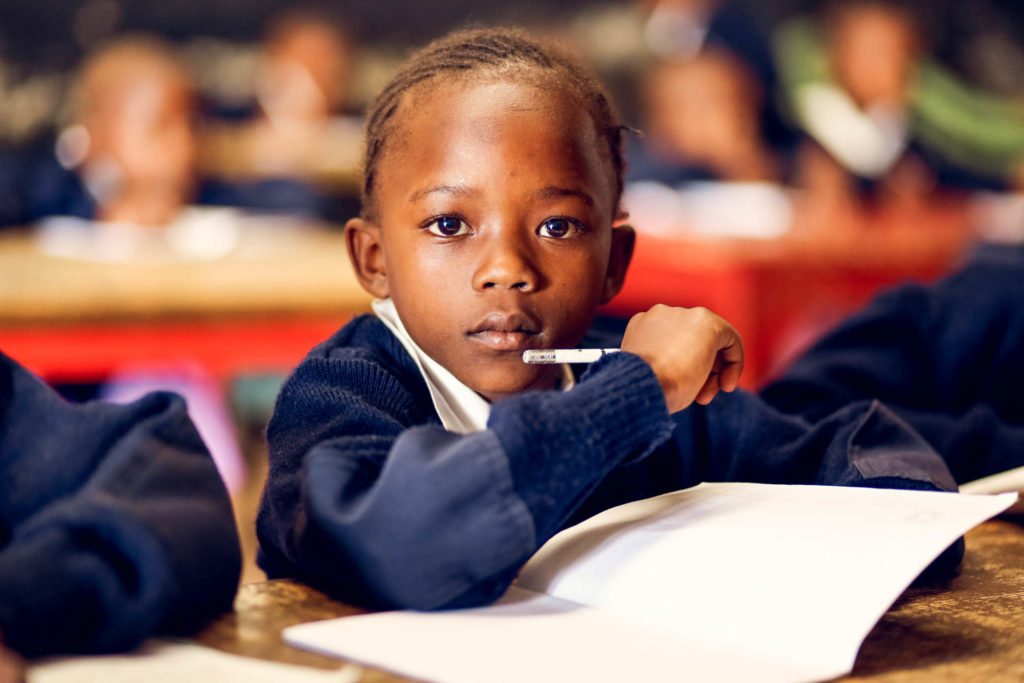NEW LIFE AFRICA INTERNATIONAL SCHOOL
Education for poor and marginalised children.
New Life Africa International School
New Life Africa International School is a Primary School for approximately 500 children. We are a private school offering free education to children who come from vulnerable and disadvantaged circumstances. We are a school based on Christian values.
NLAI-School offers primary education from Pre-Primary School through to Junior School. We teach both children who live at NLAI Children’s Home and children from the local area.
After completing Junior School, the children have the opportunity to continue with further education with support from NLAI.
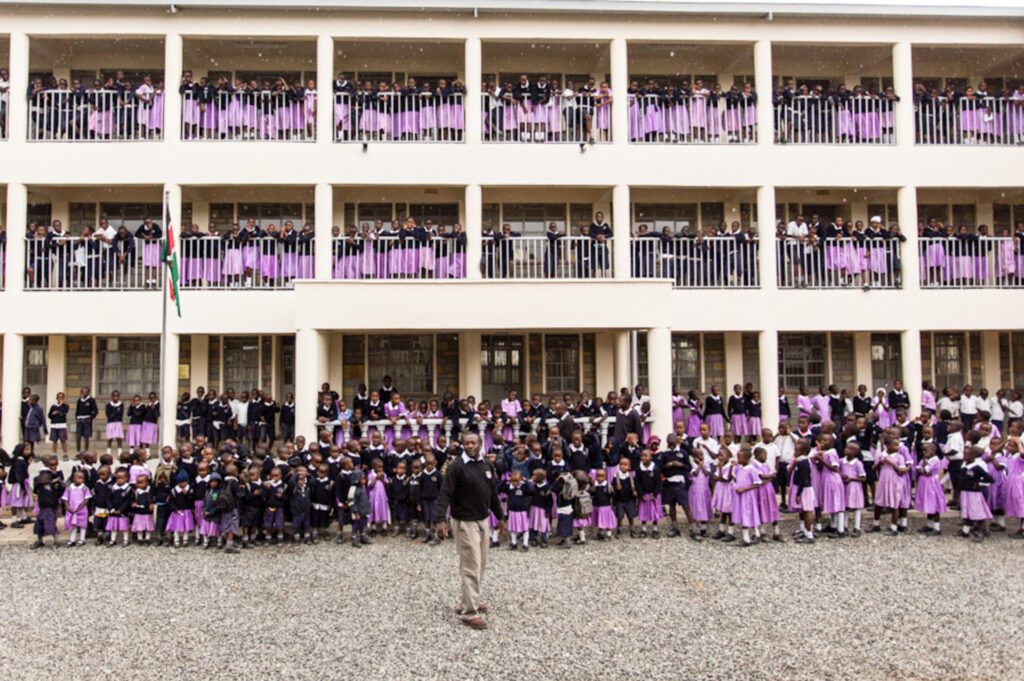
Students entered the new School building for the first time in 2014
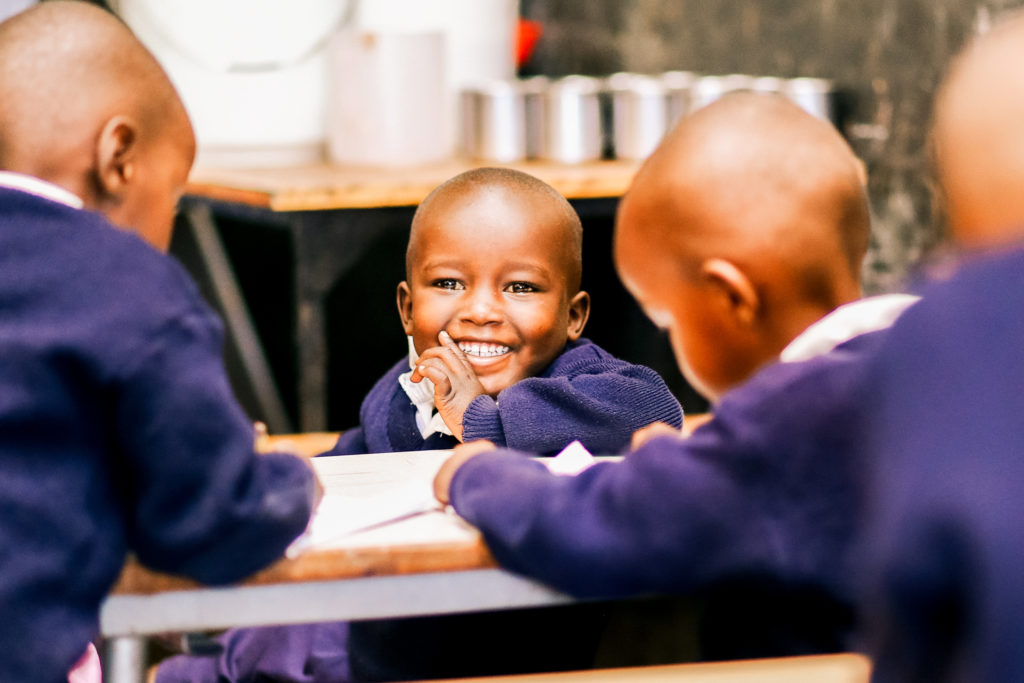
NLAI School offers extra care
Due to the difficult backgrounds of our children, we offer extra care in the form of:
- Financial support: No fees for uniforms, books, buildings etc.
- Food: Breakfast and lunch are provided every day. For many children, this is the only food they get.
- Health Care: We have a clinic with a nurse who checks up on the children’s health. Medical emergencies are referred to a public hospital nearby. Even when the school is closed, children in our school are entitled to healthcare.
- Counselling: A counsellor offers help and advice to parents and children, if a child is not doing well and shows signs of withdrawal and stress. Read more: Social Work
- Fellowship: Weekly fellowship enables all the children to gather for prayer and bible study.
We have a fully equipped school with our own library and computer room. We have 22 skilled teachers employed and staff employed for cooking and cleaning.

What it takes to achieve an education in Kenya
In Kenya, primary education is free, however fees have to be paid for school books and mandatory school uniforms. Often there is a fee for buildings, chairs and desks as well. Preschool is not free, but it is required to gain access to Primary School. Senior School and higher education have to be paid for.
Many disadvantaged families are unable to pay such expenses, which unfortunately excludes many children from attending school. This then blocks their potential way out of poverty.
The School System in Kenya
Children spend 2 years in Pre-Primary School before moving on to Primary School from grade 1 to grade 6, which ends with an exam. In Junior School from grade 7 to grade 9, the teaching becomes more specialised both academically and with more practical oriented subjects.
Since these advanced subjects have more expenses, the sponsorship also becomes more expensive when the child begins Junior School. When the students move on to Senior School, it does not take place at the NLAI School, but elsewhere locally or at a boarding school.
- Pre-Primary School 2 years, PP1-PP2
- Lower Primary School, grade 1-3
- Upper Primary School, grade 4-6
- Junior School, grade 7-9
- Senior School, grade 10-12 (from 2026 – the old system Form 1-4 is being phased out)
- Higher education/ College/ University 3 years
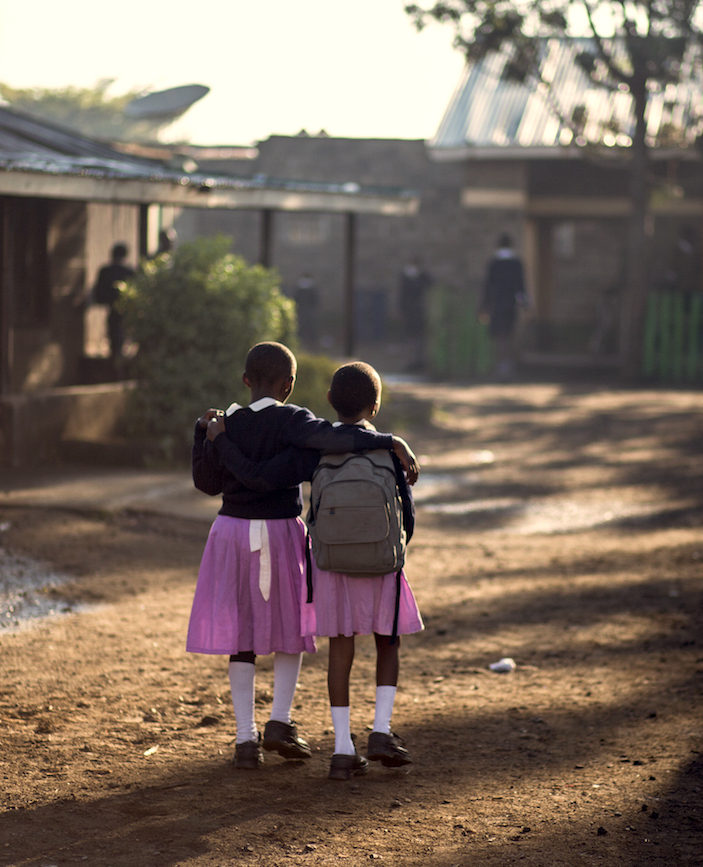

Sports and Activities
Many of the children are involved in various sports and activities such as:
- Rugby
- Scouts
- Drama festivals
- Football
- Music band & choir
The children are very talented in many sports. Occasionally groups of children have the opportunity to go to regional and international tournaments.
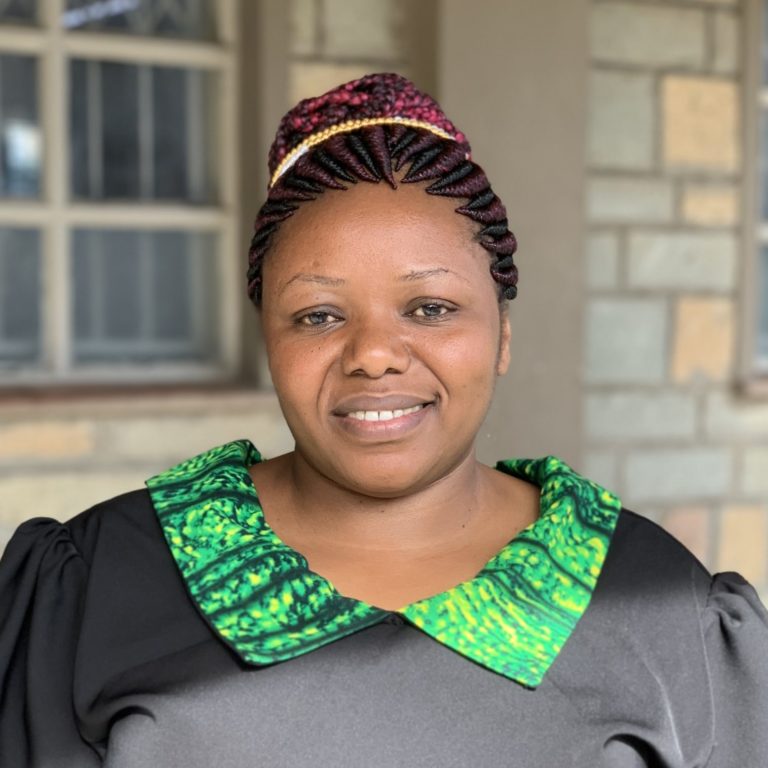
Jane Makena
NLAI School Leader
GET INVOLVED AND SPONSOR A CHILD'S EDUCATION
